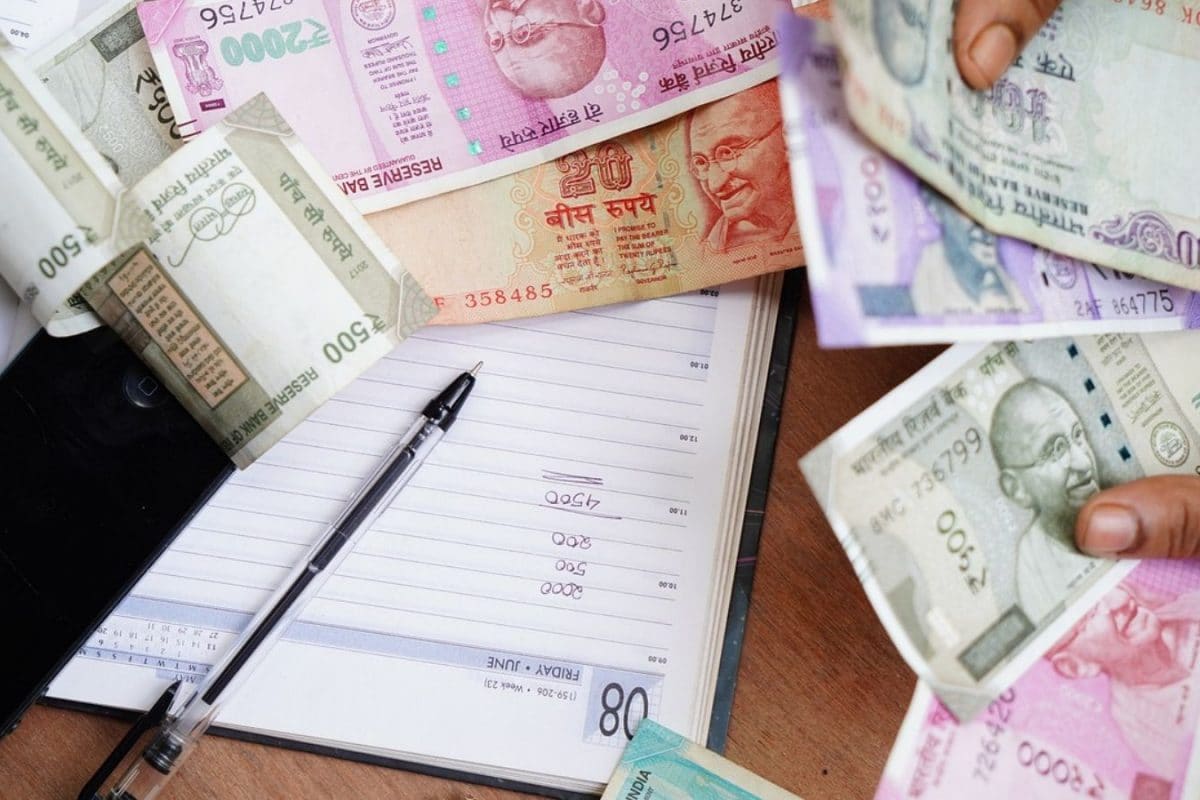Cash Deals Cannot Be Disregarded Just Because There Is No Bank Record: Supreme Court
National NationalPosted by AI on 2025-09-05 01:38:34 | Last Updated by AI on 2025-09-05 04:03:27
Share: Facebook | Twitter | Whatsapp | Linkedin Visits: 0

The Supreme Court of India has ruled that cash transactions cannot be merely disregarded due to the lack of bank records, emphasizing the importance of reasonable proof of payment in goods and services tax (GST) law. The judgment emphasized that every person should bear the responsibility of producing evidence to support their claims.
The case involved a taxpayer who had claimed input tax credit (ITC) on the basis of invoices issued by the supplier. However, the invoices did not show any payment made through bank accounts. The tax officer dismissed the invoices, citing a lack of bank proofs for the cash transactions. The GST law only recognizes digital payment proof, which the taxpayer failed to provide.
The Supreme Court's ruling emphasized the importance of documentary evidence in tax proceedings, stating that cash transactions must be recognized if reasonable proof of payment is provided. The court observed that a person who gives money in cash would obviously not always be in possession of documentary evidence, and therefore, it would be unreasonable to disregard their claims solely on the basis of a lack of bank records.
The judgment has provided clarity on the matter, emphasizing the need for a practical and reasonable approach to assessing evidence in GST proceedings. The court's ruling ensures that taxpayers are not unduly burdened by requiring extensive documentation for cash transactions and encourages a fair and just assessment of their claims.
Search
Categories
- Sports
- Business
- National
- Investments
- History
- Politics
- International
- Science & Technology
- Social Issues
- Disaster Management
- Current Affairs
- Events & Jobs
- మన పార్టీ
- మన నాయకత్వం
- మన విజయాలు
- డౌన్లోడ్స్
- మీడియా వనరులు
- కార్యకర్తలు
- రాజకీయం
- బిజినెస్
- సంపాదకీయం
- నవ్య
- చిత్ర జ్యోతి
- క్రీడలు
- జాతీయం
- తెలంగాణ
- తాజా వార్తలు
- Fast Check
- South
- Gallery
- Sunday Chronicle
- Hyderabad Chronicle
- Technology & Innovation
- Innovations and Initiatives
- బిజినెస్
- North East Skill Center News
- Government Schemes
- Entrepreneurship Support
- Employment Opportunities
- Skill Training Programs
- Education
- Startup Business
- Startup News
- Awards
- Community Services
- Fundraising Events
- Volunteer Services
- Health Initiatives
- సినిమా
- లైఫ్ స్టైల్
- క్రైం
- ట్రెండింగ్
- జాబ్స్
- అంతర్జాతీయo
- In News
- Banners
- Awards
- Partners
- Products
- Press Releases
- News
- Departments
- Initiatives
- Resources
- Telangana IT Parks
- Press Releases
- News
- Airport News
- Sports
- Business
- Newtons Laws of Motion
- Karbonn in Business
- Investments in Karbonn
- Company quarterly sales
- Markets
- Auto News
- Industry
- Money
- Advertisements
- Stock target
- Company Updates
- Stock Market
- Company Sales
- Staffing and HR
- Constituency Assembly
- General News
- Srikalahasti Temple
- Bojjala Sudhir Reddy
- Products
- Industries
- Services & Trainings
- Tools & Resources
- Technology Integration
- Drug Seizures & Arrests
- Telangana Narcotics
- Law & Enforcement
- Rehabilitation
- Nationwide Drug Policing
- Nigeria Seizures
- Global Operations
- Drug Awareness
- Drug Enforcement Tech
- NCB Drug Seizures
- Judicial Crackdown
- India's Surveillance Tools
- Cross-Border Links
- Women Safety
- Cyber Crimes
- Drug Abuse
- Traffic & Road Safety
- Community Connect
- Public Safety Alerts
- Citizen Assistance
- Nellore City News
- Politics & Administration
- Events & Festivals
- Agriculture & Rural
- Business & Economy
- Health & Wellness
Recent News
- Blue Cloud Softech Solutions Ltd. to Purchase AIS Anywhere, AI, Data Analytics Firm
- Small-cap IT stock hits upper circuit for 19th straight session following expansion into France
- Blue Cloud Softech Solutions jumps despite market trends: Find out why
- Multibagger Stock Tips: Blue Cloud Hits Upper Circuit for 19 Sessions
- "Multibagger" Stock Under 50 Hits Upper Circuit; Do You Own Blue Cloud Softech Solutions?
- 1100% return in four years! Blue Cloud Softech Solutions Ltd jumps 6% on this order book update
- Blue Cloud Softech Solutions Ltd. Splits Stock in 1:2 Ratio
- "Multibagger" Small-cap IT Stock Surges After Order Book Update